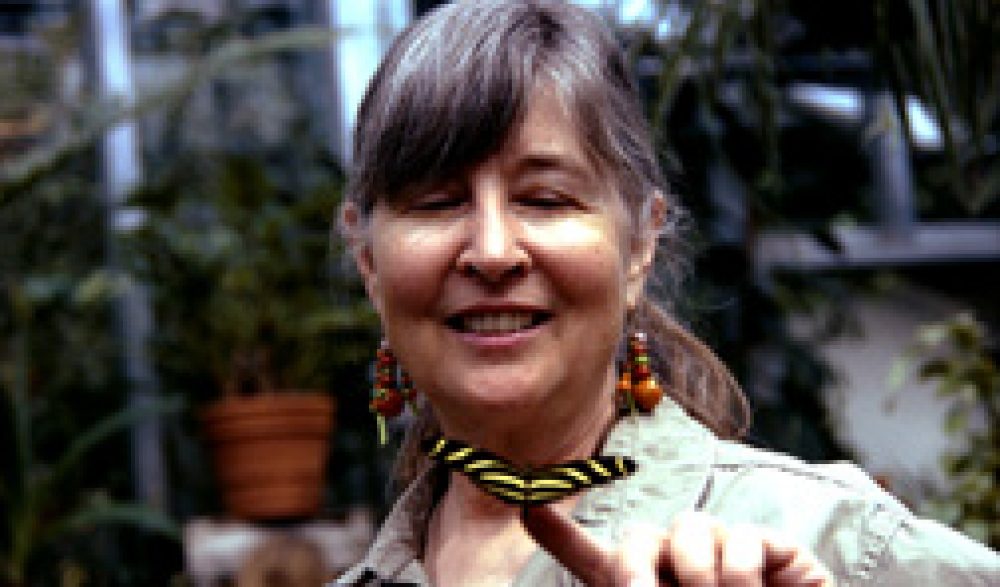Thanks to Marty, I became a Democrat before the age of ten and possibly her first real convert. Even at eight or nine, Marty held firm opinions about things I’d never thought about, which she expressed with bold oratory, passionate, sometimes dangerous gestures and a convincing absence of doubt. Until Marty discovered that I was a Republican, she never aimed her arguments at me—our different approaches to life simply made us an interesting team as we locked forces against Evil and defended Good. I applauded her frequent outrages—at a horse being whipped in the street, the capricious response of a Greek god to some personal slight, or a child thrown in the river because she was born deformed. Marty’s family shared with her more reality than my parents felt appropriate for my tender age. Through her I learned a great deal about the brutalities of Pakistani life.
I doubt I knew I was a Republican—or that my parents were—until Marty clued me in. Our family did not discuss politics at dinner, or even religion, for that matter, except for readings from the Bible. We children usually ate long before our parents did, so we were usually excluded from adult concerns, except during Sunday dinners after church, when conversation was almost uniformly civil, revolving around personal and family plans and activities. Only my father’s graphic descriptions of, say, yesterday’s rhinoplasty, cleft lip repair, or the removal of a melon-sized goiter from a patient’s neck carried a whiff of unsuitability.
Until I was nine or ten, I was a good girl, better behaved than most, but Marty thrived on challenges. When she was through with me, I was convinced that Republicans were mostly wealthy people who knew little and cared less about the sufferings of common folk and that Democrats were working citizens who championed the poor and made sure the national wealth was shared. A Republican, like the rich man in the parable, would have a harder time squeezing through heaven’s gates than a camel—a very large beast with which I was more familiar than most Republicans—could pass through the eye of a needle. Democrats were the underdogs, fighting injustice and championing heroic causes.
Still, although all that made sense to me, I don’t think I’d have been won over if it weren’t for the fact that Marty’s parents were Democrats. The Vroons had become my extended family and if Uncle John and Aunt Theresa, who were of course Christians, were also Democrats, perhaps it would not be a sin if I became one, too. I had never heard my parents speak ill of the Vroons, except for my mother’s opinion of their style of dining: a noisy forum during which politics, ideas and principles were argued with a disturbing inattention to table manners.
Although I felt ill-prepared to participate in such aggressive debates, I loved eating with the Vroons. They relished Pakistani food, introducing me to exciting curries and spices I’d smelled rising from our servants’ quarters but never tasted. Uncle John loved playing Devil’s advocate, goading his children into arguments the likes of which I had never heard in my life. Unlike my father, who preferred practical, physical problems he could fix right now, Uncle John had a philosophical bent and an intellectual honesty I found reassuring. When it came to matters of the mind, I decided, Uncle John was a man I could trust.
I became a secret Democrat, telling no one, not even Marty, of my political infidelity, until I grew to an age when I waved rebellion like a flag. Meanwhile I had made an startling discovery—that no coercion could ever capture the secrets of my heart. My political affiliation was the first of many independent convictions that have enhanced my sense of identity. I never regretted that early rebellion and remain a Democrat to this day, finding little quarrel with the childlike contentions made sixty-five years ago.
